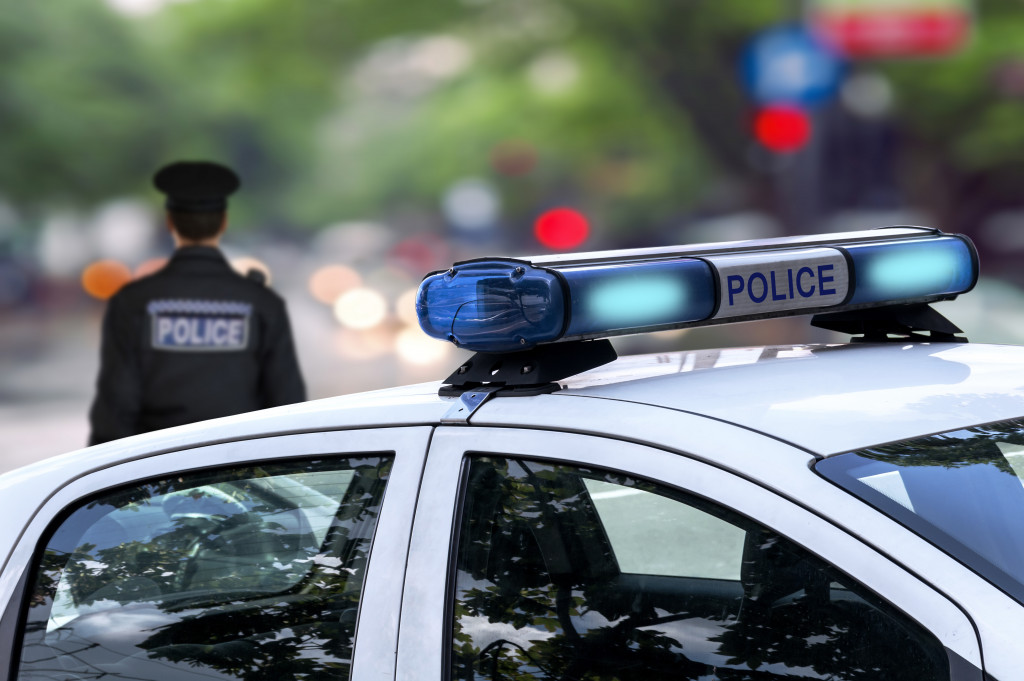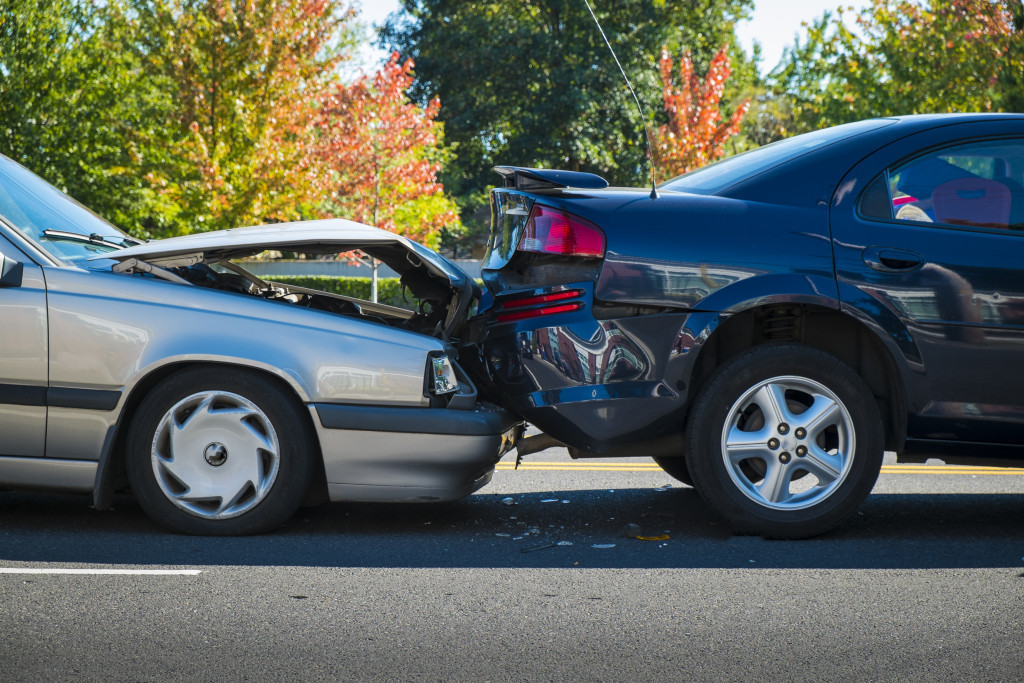When in a vehicle accident, it is customary to turn to close relatives and friends for guidance. Although they might provide recommendations for recovery and what to do or expect after a collision, doing so could do more harm than good —mainly if someone brings up information concerning tragedies they have never witnessed nor experienced personally. Thus, it’s imperative to know mistakes you need to avoid when involved in a car crash to prevent further damage.
- “I only had minor injuries. I don’t need medical attention.”
- “Everything is covered by my insurance.”
- “I don’t have to notify authorities while on scene.”
- “The police report is always right.”
- “Every state follows the same regulations when it comes to car accidents.”
- “Because I was a passenger who sustained injuries, I am unable to claim compensation.”
“I only had minor injuries. I don’t need medical attention.”
In a 2018 report from the Centers for Disease Control and Prevention (CDC), medical and work expenditures linked with vehicle accidents resulted in $55 billion, causing a burden on the victim’s loved ones.
Most individuals feel that minor injuries can be treated at home and do not need further medical attention. While this is true to some extent, most of these injuries might only lead to an unhealthy lifestyle and a lifetime of pain. For example, whiplash, brain injury, fractured bones, or chronic pains can be deadly if left untreated.
In addition, if the injury evolves to something worse — for example, the wound gets infected, or the concussion develops swelling in the brain — the insurance adjuster may even argue that the accident was not the origin of your injuries. Ensure to consult with your doctor and constantly look into additional options, like seeking the services of a chiropractor following a vehicle accident.
“Everything is covered by my insurance.”
Individuals still get confused with their policies when it comes to auto insurance. Many believe that if they are involved in an automobile accident, particularly one that was not their fault, their insurance company will cover top to bottom. However, the reality is, you must establish that the other motorist was at fault to start the insurance claim procedure.
Moreover, even if the payout was less than what you were owed, the insurance company is likely to try to convince you to accept less than you deserve, even if this sum does not cover your losses completely.
“I don’t have to notify authorities while on scene.”

A police report contains an assessment of the cause of the crash and the traumatic complications or damages. To have this done as quickly as possible, you must call the police as soon as the accident occurs. This report is frequently a critical piece of evidence in establishing successful claims and winning complex cases.
Often, it is up to one person’s word against another’s, especially if no police record is there. In this case, there may only be one source of evidence available, such as witness testimony, which can further complicate the matter.
“The police report is always right.”
If you’re involved in an accident, the initial thing you should do is phone the police and report the incident. However, even when the police report is the only proof you have, this does not always indicate that the other person’s insurance or legal personnel would not strike back. Thus, make it a point to collect pieces of evidence yourself by making a note of the details you recall or have seen in real-time.
In this scenario, witness evidence and other forms of collateral proof will be requested from both sides, such as damage to the car and skid marks and a tale comparison of the collision from both parties.
“Every state follows the same regulations when it comes to car accidents.”
Whether you have a state or federal license plate on your vehicle, it becomes irrelevant in the event of a road collision. For example, should you be involved in a crash in a state that imposes severe restrictions, you would be accountable for all the resulting losses and injuries.
Accidents are treated in each state according to their unique set of regulations. Your state’s database of government bodies, departments, and commissions offers information on such things as driving crimes and other issues related to car collisions in your state.
“Because I was a passenger who sustained injuries, I am unable to claim compensation.”
Drivers who are wounded in vehicle accidents can sue to get damages, just as hurt passengers can do. Given that over 2.2 million people who were primarily passengers were diagnosed in emergency rooms in 2018, it’s clear that they have the same constitutional rights as drivers by bringing claims against all persons liable for the incident, whether they are the vehicle’s driver or their insurance company.
Unfortunately, several fallacies surrounding auto accident injuries, complaints, and cases out there might lead to various injuries, being denied compensation, and even death. Thus, it is crucial to be mindful and stay informed by reading and watching credible news sources and seeking professional help when needed.

